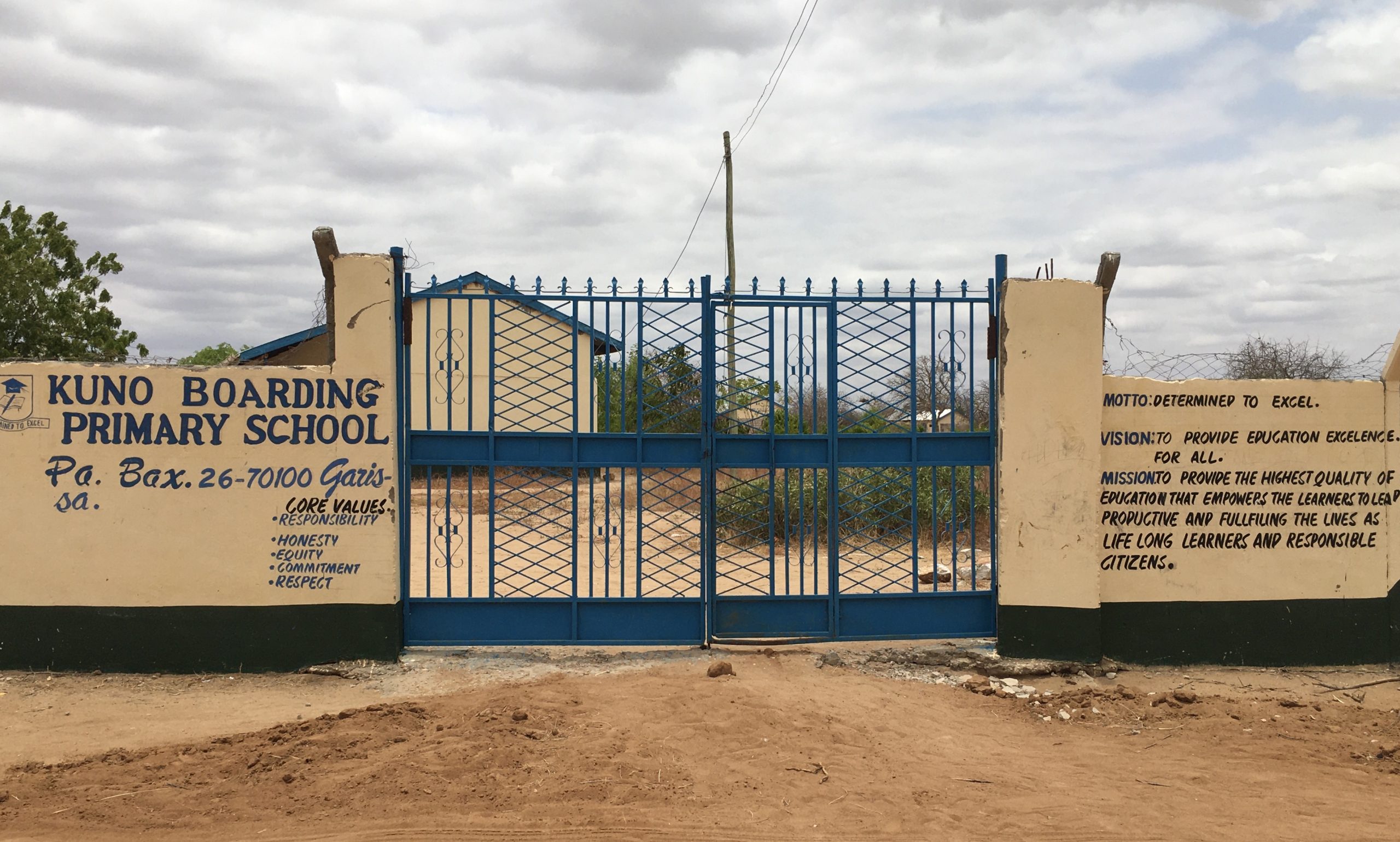
Kuno Primary School – Photo Report (1)
As part of the bioenergy program, REGID International went to Kuno Primary School in Garissa County on a feasibility field visit on the project of implementing a biomass power plant prototype fueled with Gliricidia shrubs.
It is central to addressing some of the most pressing challenges facing rural communities such as the access to a clean and affordable energy. During this field visit, we were informed that each year, for a three months duration, the village was disconnected from the national power grid and that its population was consequently deprived from using electricity. This situation is unacceptable and innovative solutions have to be developed urgently in order to give the right to decent living conditions for all.
After our observations, we witnessed that the Kuno local community has spared no efforts to honour their commitment to complement the bioenergy project. More than 60,000 of Gliricidia shrubs have been planted accounting for 220 tons of biomass available to date. The shrubs are ranging from 1 to 4 meters tall and eventually a sufficient amount of biomass has been created to fuel the 35kW CHP plant for a full year runtime (6,000 hours). This action was made possible by a wide range of local actors including women and men. Additionally, the plantation of Gliricidia shrubs has improved the soil quality hence increased agricultural yields per unit: watermelons, pepper, chili, and maize have already been sold on the local market.
These shrubs are ready to be harvested for feedstock for the biomass power plant. Following the launch of this prototype, this project will be replicated in the coming months in other marginalized villages in Kenya.
The Gliricidia field

More than 60,000 Gliricidia shrubs have been planted in Kuno Primary School.
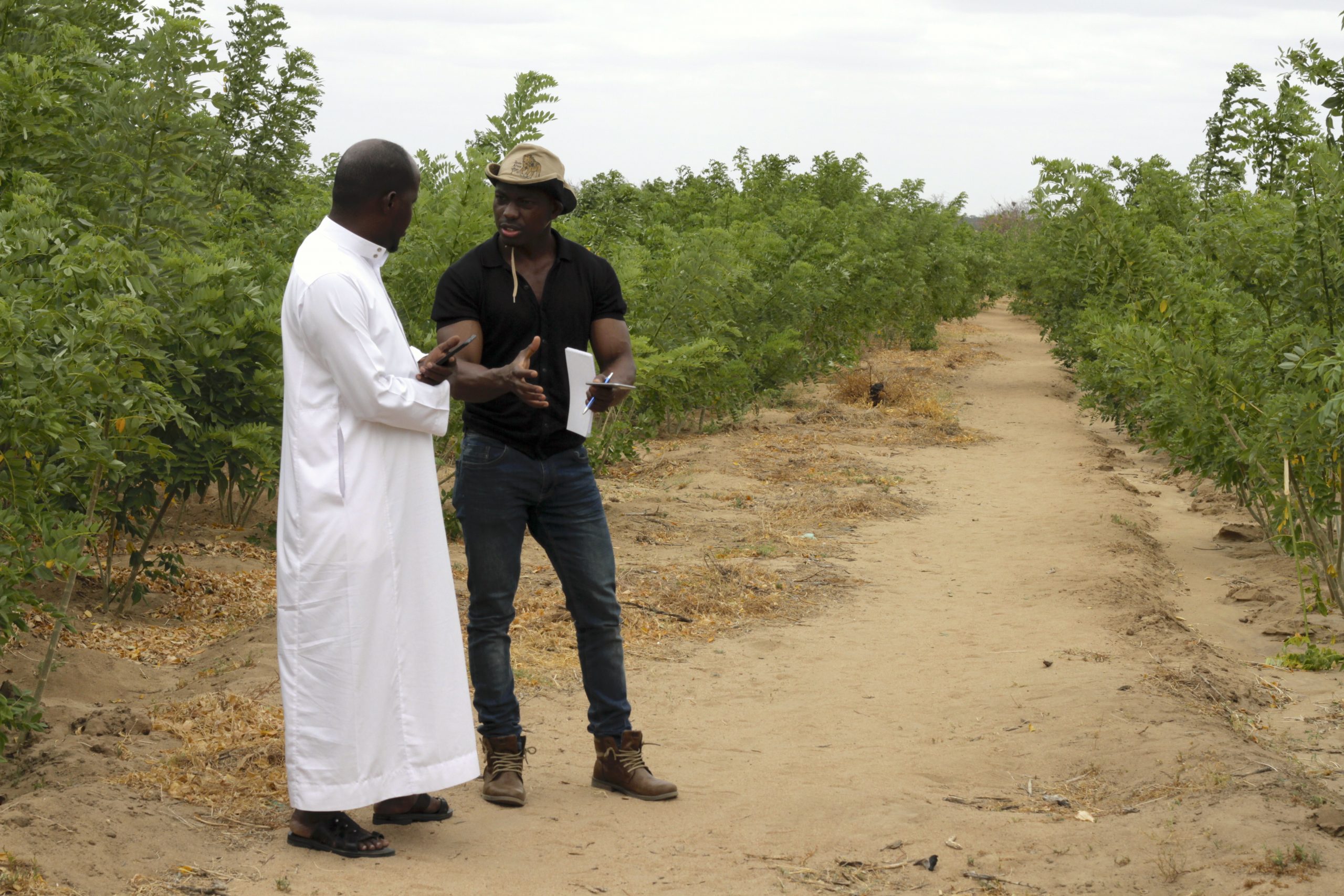
These shrubs have had a gestation period of 12 months.
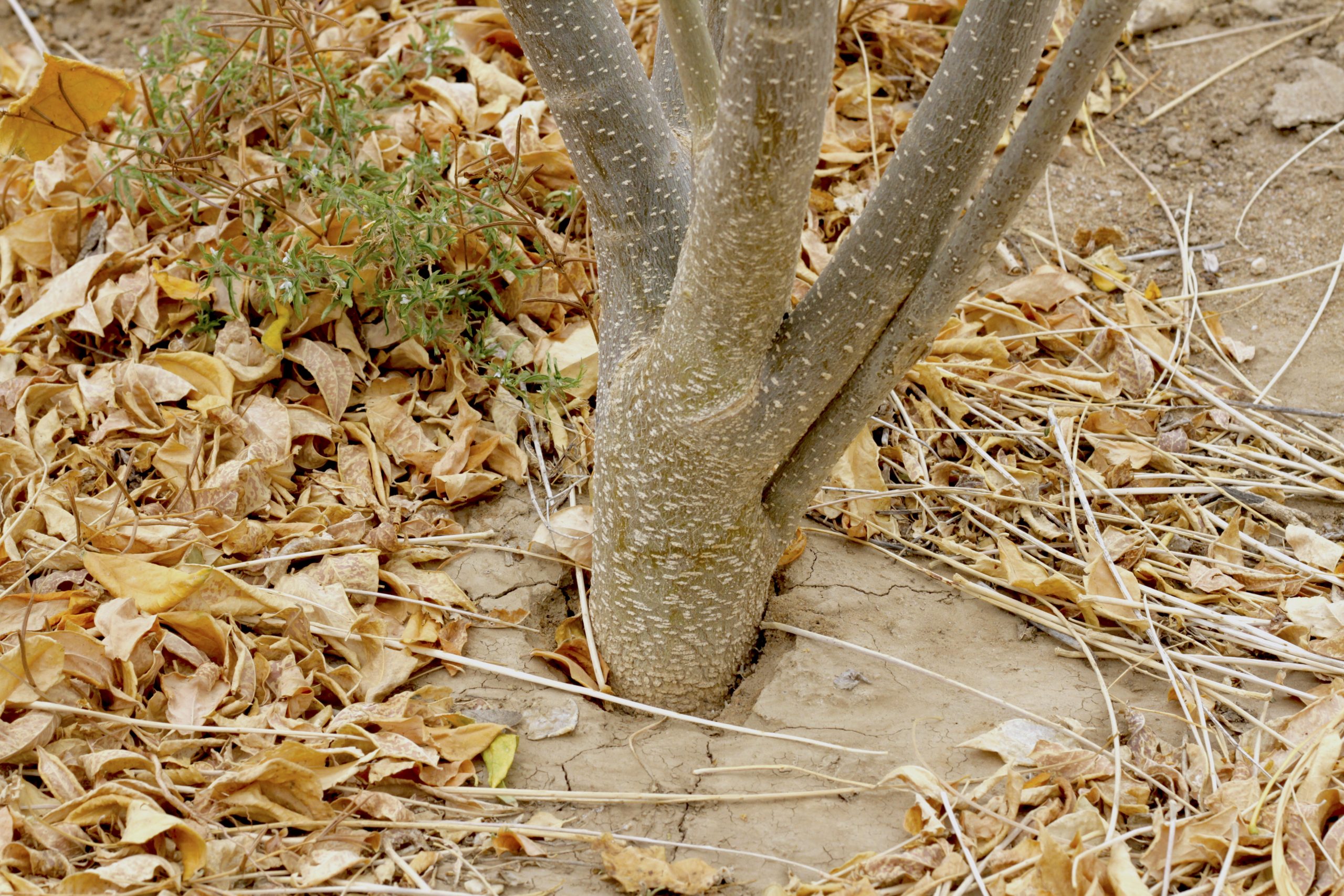
Gliricidia shrubs improve vegetative soil cover year-round, increase soil fertility by storing significant quantities of carbon in the soil and enhance biodiversity.
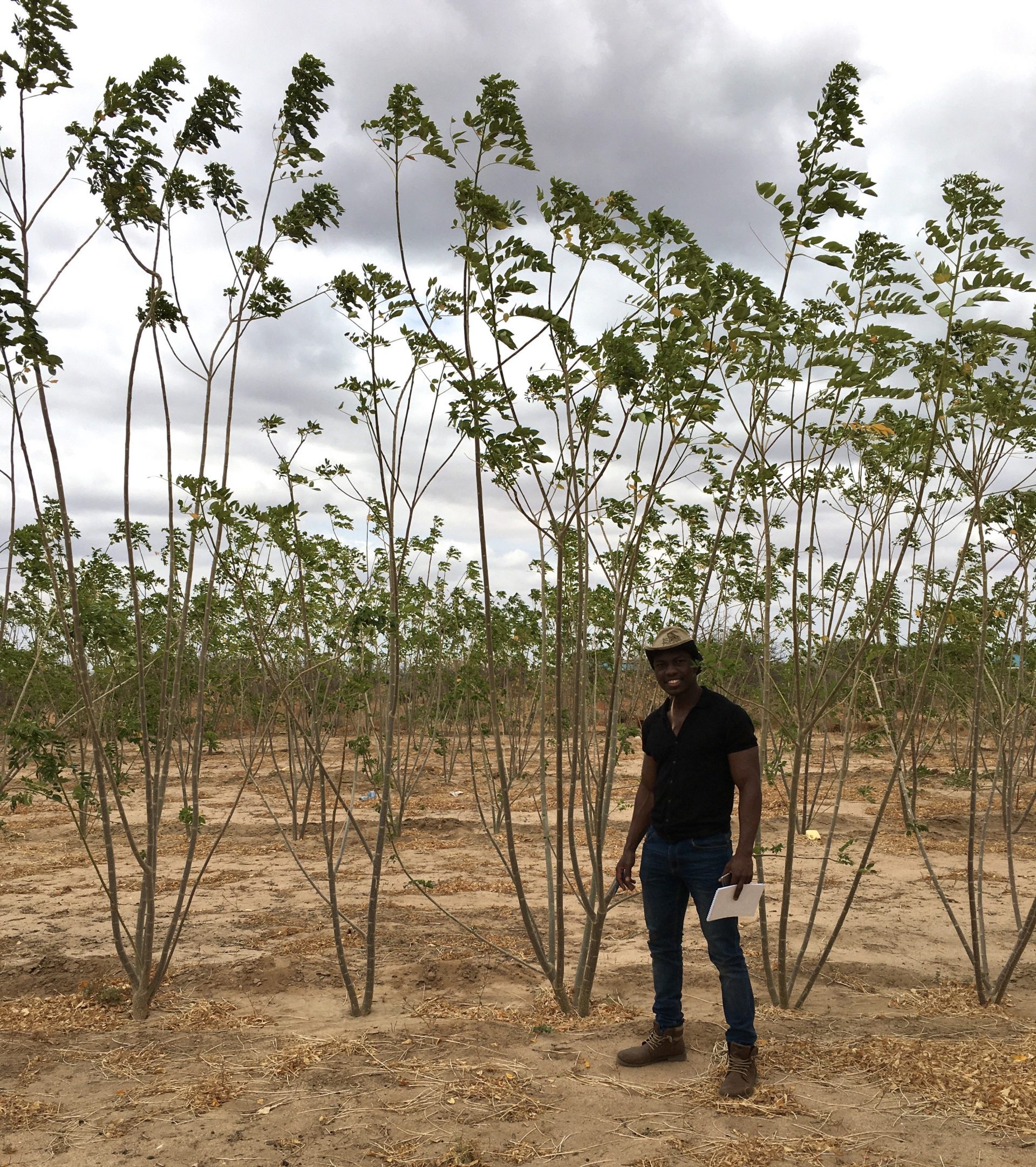
Some Gliricidia trees reached a size of 4 meters.
The local community
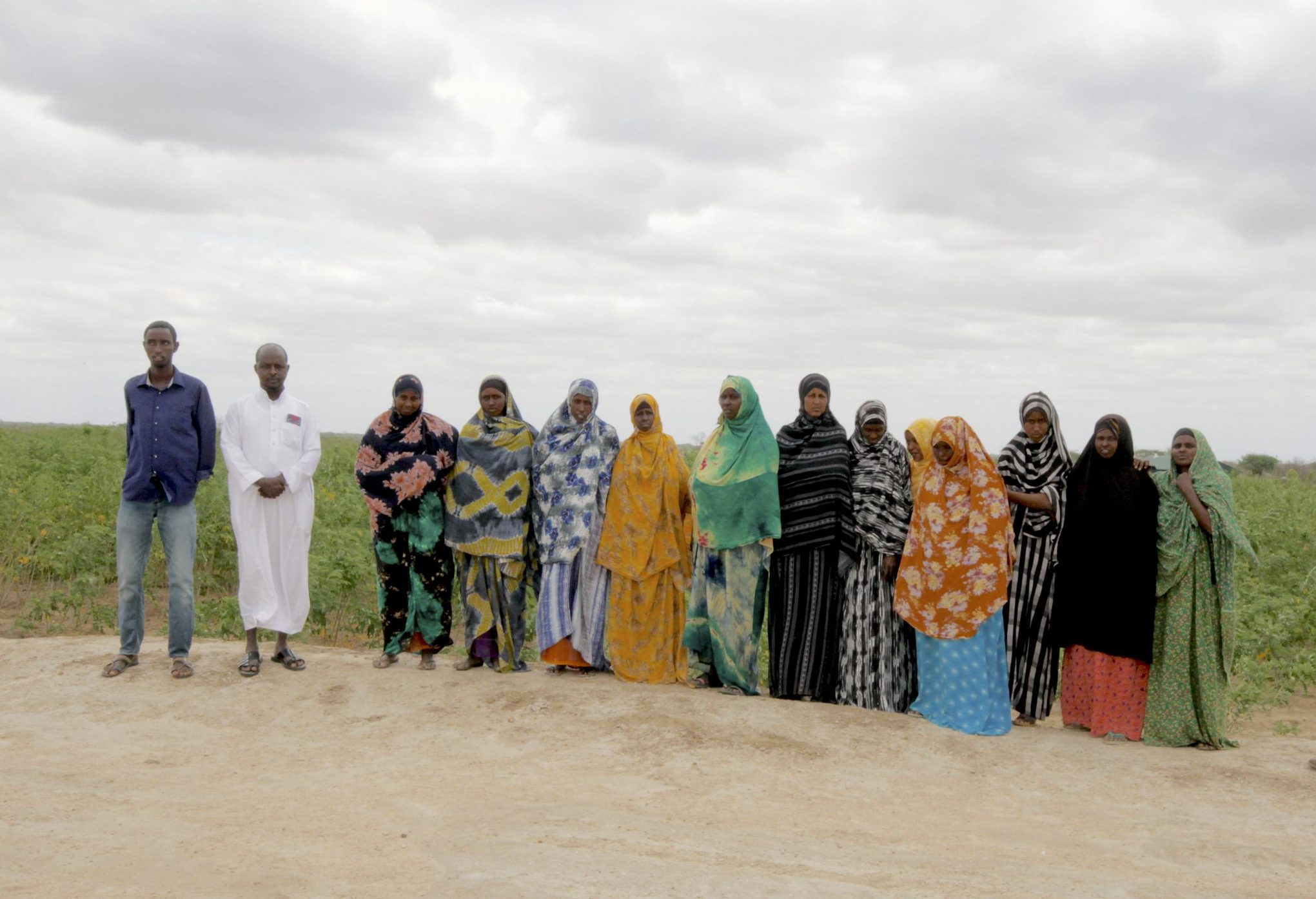
The project has built social capital through creation of more than 20 jobs for women and men in the plantation.
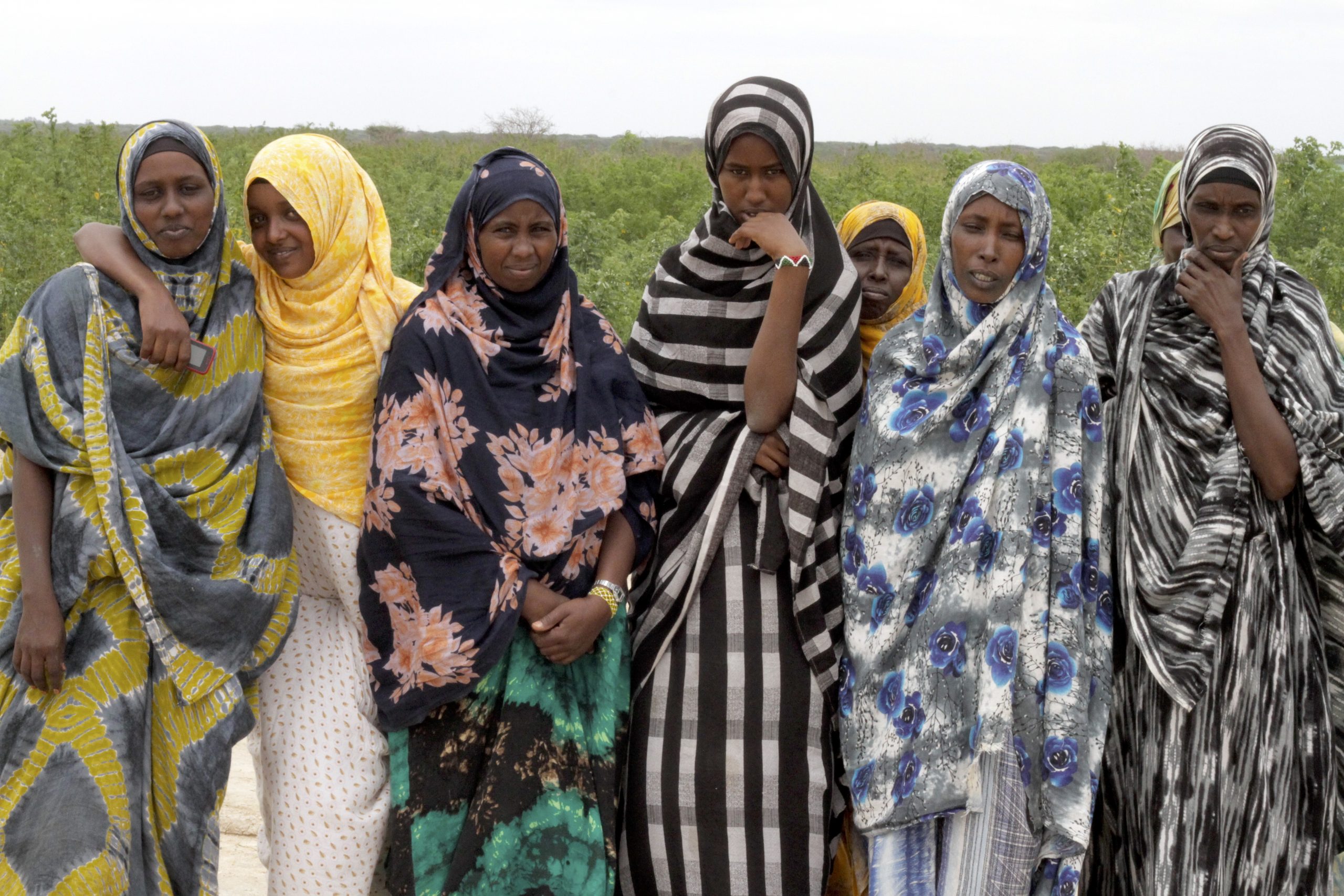
Women empowerment is one of the key strengths of this project.
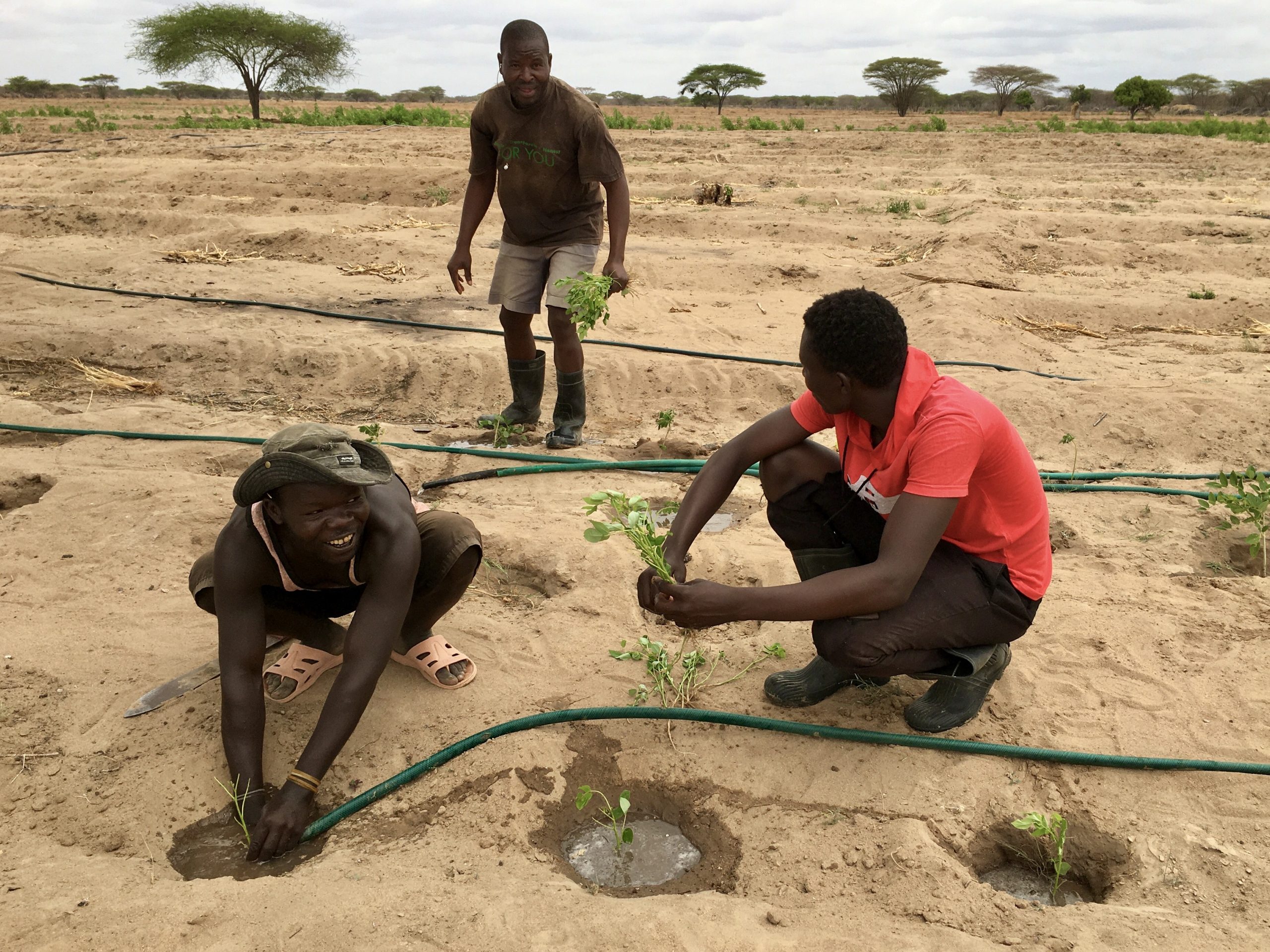
Local community engaged in transplanting Gliricidia shrubs from the nursery.
The farm
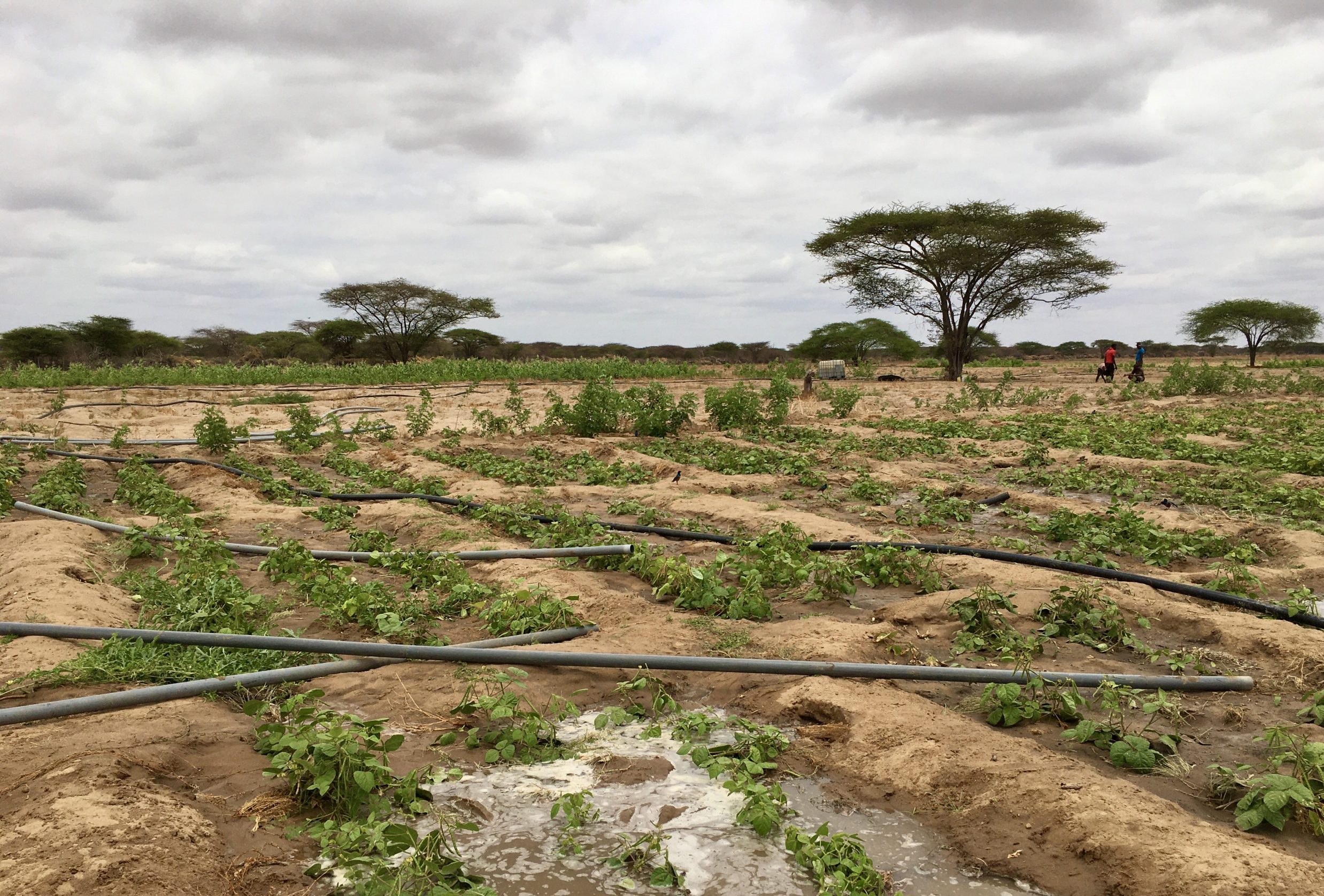
A 3 hectare farm has emerged as a result of intercropping with Gliricidia shrubs.
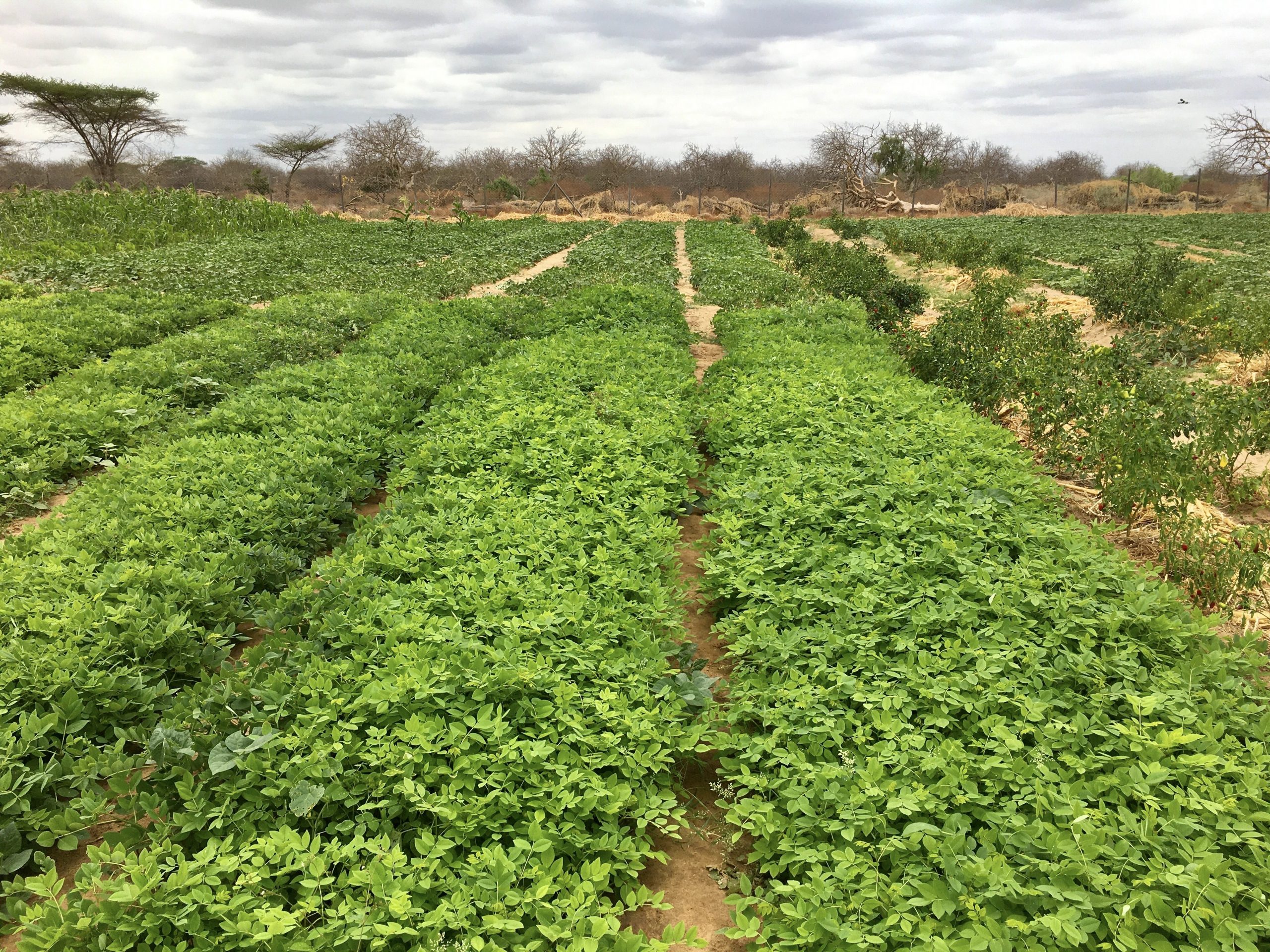
The farm comprises crops such as maize, beans, peas, tomatoes, chilis and watermelons. These agri-products have already been sold to the local market, benefiting the local community.
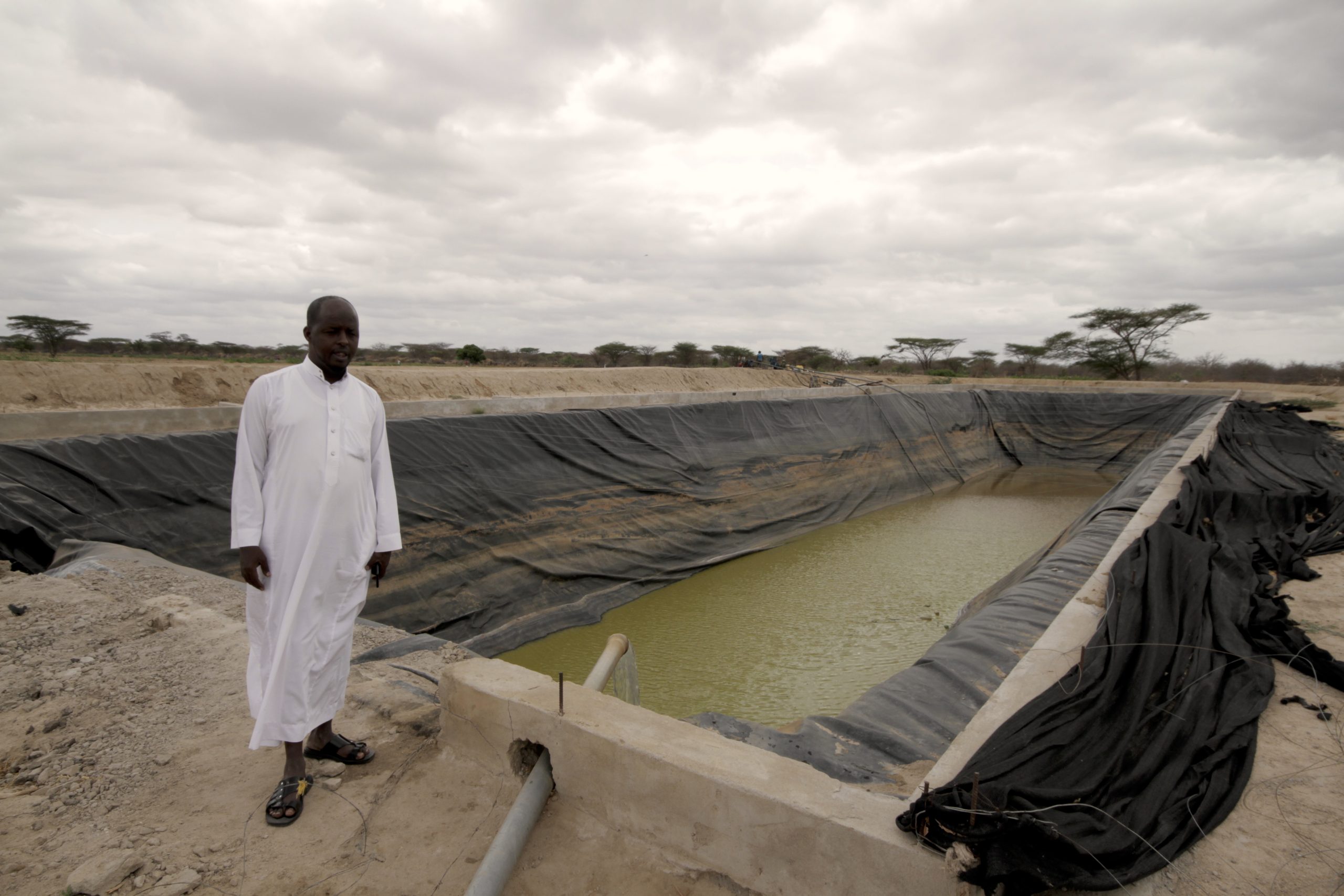
A 10,000 liter farm pond was built to provide a continuous access to water in the land.

